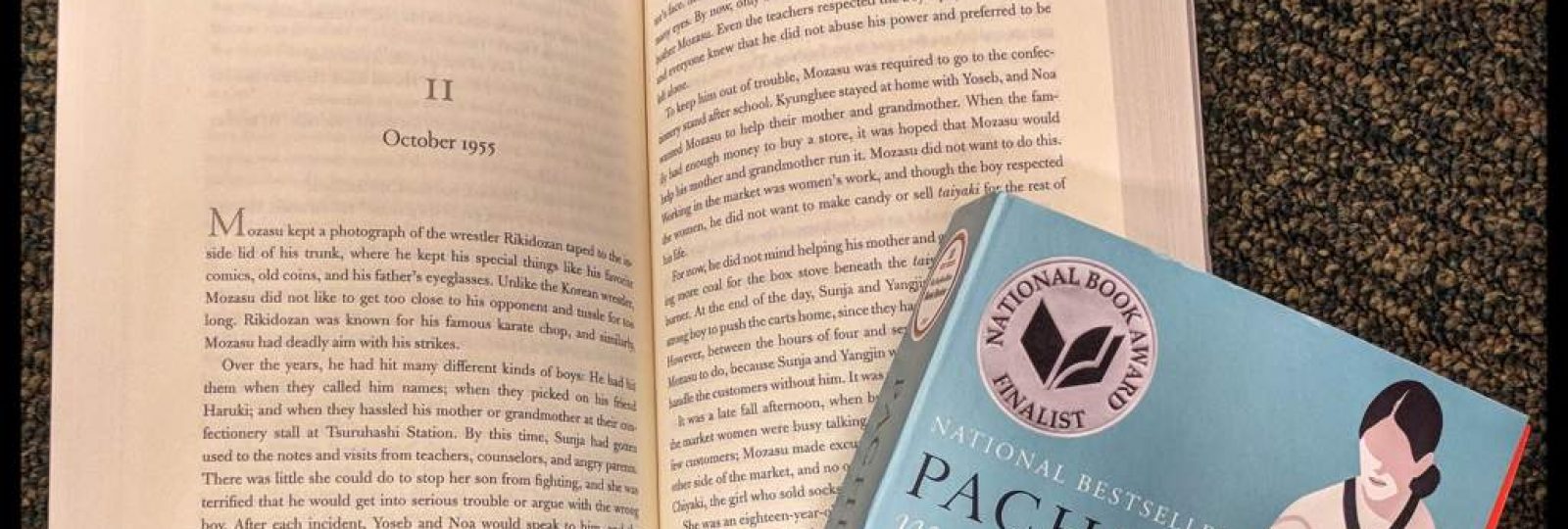In Pachinko, Min Jin Lee intertwines the personal and political.
Pachinko by Min Jin Lee is an intimate and poignant ode to all the sacrifices immigrants make to find their place in a xenophobic world.
Share this story

Trigger warnings: racism, sexism, pedophilia, ableism, war, bombing, suicide, violence, domestic abuse, alcoholism, and substance abuse.
In the sweeping and deeply affecting Pachinko, Min Jin Lee documents the lives of four generations of a family, whose story expands from a small island in Korea during the early nineteen hundreds to the late eighties in the Japanese city of Tokyo. Pachinko is a beautiful story of family and home that feels even more relevant in today’s political environment. It touches on the idea of surviving and succeeding in an adopted country that can be hostile to someone’s identity.
Pachinko starts with Sunja, the beloved daughter of a poor yet well-respected family whose unplanned pregnancy has the potential to bring great shame upon her life. After she learns that the baby’s father already has a wife, she refuses to stay with him and instead marries a sickly and kind minister who moves with her to Japan. Throughout the novel, we see the consequences of this choice, both through the joys of this family as they endure and survive with one another and the challenges and losses they experience as Korean immigrants in an unforgiving new country.
Pachinko details the tensions of being Korean in Japan and how a culture of inequality and discrimination has maintained itself over generations in Japanese society. It shows a part of history teachers rarely mention in school, most likely not being taught to students outside Asia. But far from being a history lesson, Lee focuses on the internal lives and struggles of Sunja’s family. While the characters struggle with their identity in a hostile country, they remain determined to persevere and endure. At its heart, this novel is a tribute to the immigrant experience and the need in everyone to find belonging and a place to call home.
